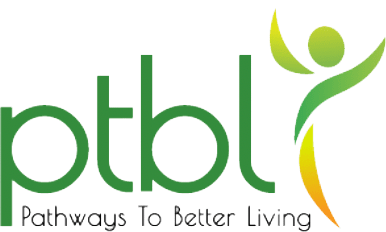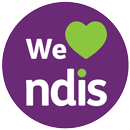Pathways to Better Living Pty Ltd – On-Board Participant
The on-board (or intake) process begins once an eligible participant requests to receive specific supports or services and resources are available to fulfil those services. The on-board process is important as it helps set the standard for clear communication with the participant (and their guardian/carer/family). Maintain professional customer service throughout this process to promote customer satisfaction.
A completed and signed service agreement is required before services can start.
All required assessments and plans should be in place ideally within three months of the participant commencing services.
Initial meeting
Discuss with the participant their plans, goals and requirements.
Inform the participant how the on-board process works and the steps involved.
Provide the participant an introduction pack which includes the Complaint policy, Incident policy, Participant’s rights policy, Decision making and consent policy, and Manage complaint process (included in the Participant Handbook)
Explain and ensure the participant (and/or the participant’s guardian/carer/family):
- Knows what agreed supports or services will be provided
- Is aware of their rights and responsibilities as the receiver of agreed supports or services
- Is aware of our rights and responsibilities as a provider of agreed supports or services
- Knows that (with their consent) their personal information will be recorded and stored in order to provide services
Explain the need for and obtain the participant’s:
- Consent to share their personal information
- Consent for us to contact the NDIA regarding the participant
- Consent for us to contact previous service providers or other current service providers for background information (if relevant)
- Date of birth and NDIS participant number (this allows access to the participant’s NDIS plan or part of their plan that is relevant)
Explain how the participant can:
- Request to correct their personal information if it is not accurate
- Amend or withdraw their consent if they wish
Take time to understand the participant’s:
- Individual goals and aspirations
- Individual needs and barriers
- Values, beliefs and cultural needs
Find out what type of worker the participant would prefer to provide proposed supports. The participant’s preferences may be heavily influenced by their values, beliefs and culture.
Complete a service agreement with the participant taking note of worker preferences and the participant’s individual needs.
Assess
Depending on the supports or services provided, arrange for the following assessments for the participant:
- Comprehensive health assessment
- Communication assessment
- Risk assessment (Client, External and workplace risk assessment, if the participant’s home is where supports and services will be provided)
- Other assessments as required (e.g. functional behaviour assessment if the participant is known to resort to behaviours of concern)
Plan
Confirm the participant’s individual needs or preferences for how supports will be delivered. E.g. preferred days and times, and record this into a schedule.
After understanding individual requirements, use the assessments to create:
- Management plans required to support the participant’s individual requirements
- A participant risk management plan to assist in managing identified risks
Support the participant to complete a one page “Personal Profile” – a summary of the participant in their own words including their likes, dislikes, what makes a good day/bad day, and how they would like to be supported.
- Supply a copy of the signed Service Agreement to the participant
Implement, monitor and review
- Monitor supports provided to the participant
- Schedule regular reviews, ideally quarterly or more often if the participant’s needs change
- Revise supports provided as per scheduled reviews



